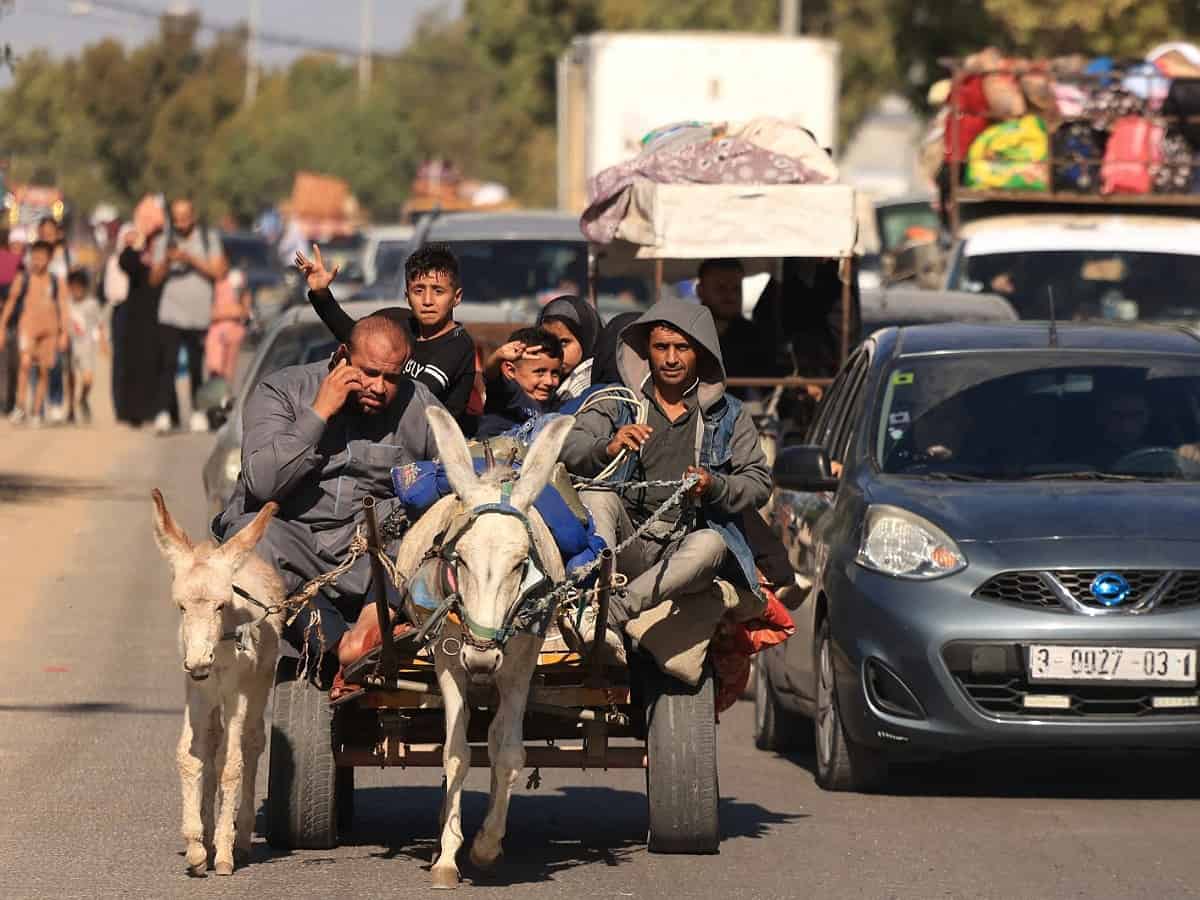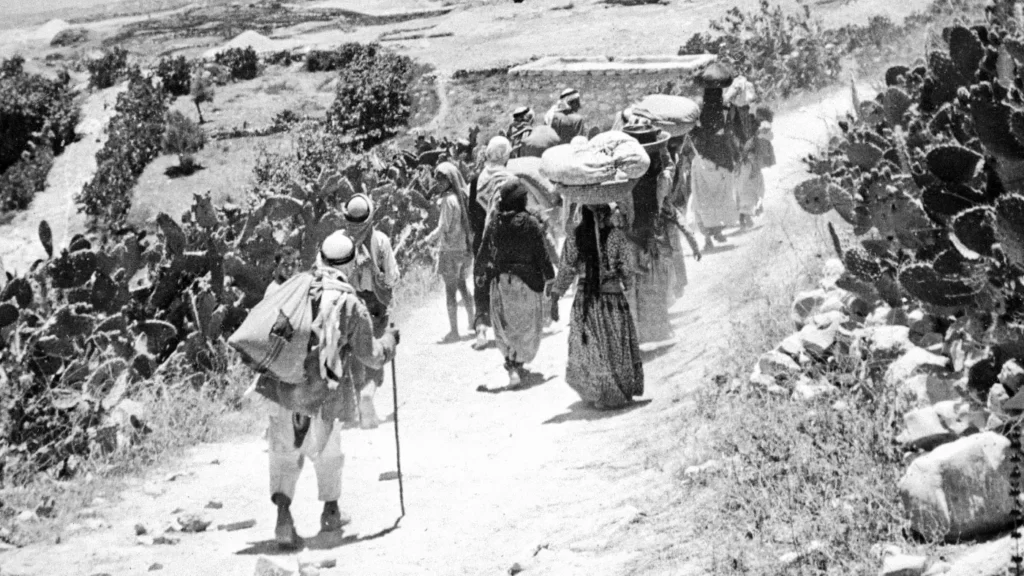
As Israeli bombardment on the Gaza Strip escalates following the Hamas attack on Saturday, October 7, Palestinians are in despair, searching for refuge. Questions have arisen as to why Egypt and Jordan do not want to accept them despite sharing borders.
The situation in Gaza is deteriorating and a humanitarian crisis is becoming apparent, Egypt and Jordan are hesitant to open their borders as thousands of Palestinians are displaced and head south.
The refusal to take Palestinians stems from the fear that Israel plans to permanently expel them and undermine their claim for statehood.
As per a report by the Associated Press, Jordan already hosts six million Palestinian refugees, most of them descendants of the Arab-Israeli wars, but Egypt fears that the mass exodus could bring militants to the Sinai, prompting an attack on Israel.
On Wednesday, October 18, Egyptian President Abdel Fattah El-Sisi said the current war was not only aimed at fighting Hamas, which rules the Gaza Strip, “but also an attempt to pressure the civilian residents to migrate to Egypt.”
On Tuesday, October 17, the Jordanian king told reporters that “this is a red line … no refugees to Jordan and also no refugees to Egypt.”
“This is a situation of humanitarian dimension that must be resolved in Gaza and the West Bank,” King Abdullah said. The “Palestinian challenge” and its future should not be shifted onto the shoulders of others, he added.
Here’s why Egypt fears taking in refugees
Palestinian history is marked by significant displacement, particularly during the 1948 and 1967 wars, resulting in a large refugee population.
The 1948 war, referred to as Al-Nakba or catastrophe, resulted in the displacement of nearly 8,00,000 Palestinians from their homes.
During the 1967 Mideast war, Israel’s occupation of the West Bank and Gaza Strip led to the displacement of 3,00,000 Palestinians, primarily into Jordan.
After the 1948 war, Israel refused to allow Palestinian refugees to return to their homes, citing fear of threatening the country’s Jewish majority.
Egypt is concerned that the history of the Palestinian refugee crisis from Gaza will be repeated, leading to a permanent stay for the Palestinian population.

Israel-Hamas war
The war began on Saturday, October 7, after Hamas infiltrated southern Israel, sending fighters, firing 5,000 rockets, and taking captives, including women, children, and the elderly, which prompted Prime Minister Benjamin Netanyahu to warn of “a long and difficult war.“
Israel’s retaliatory strikes have triggered a humanitarian crisis in Gaza, causing severe water and food shortages, and significant concern for the region’s impoverished residents.
More than 3,400 people have been killed in Gaza and more than 1,400 in Israel.



